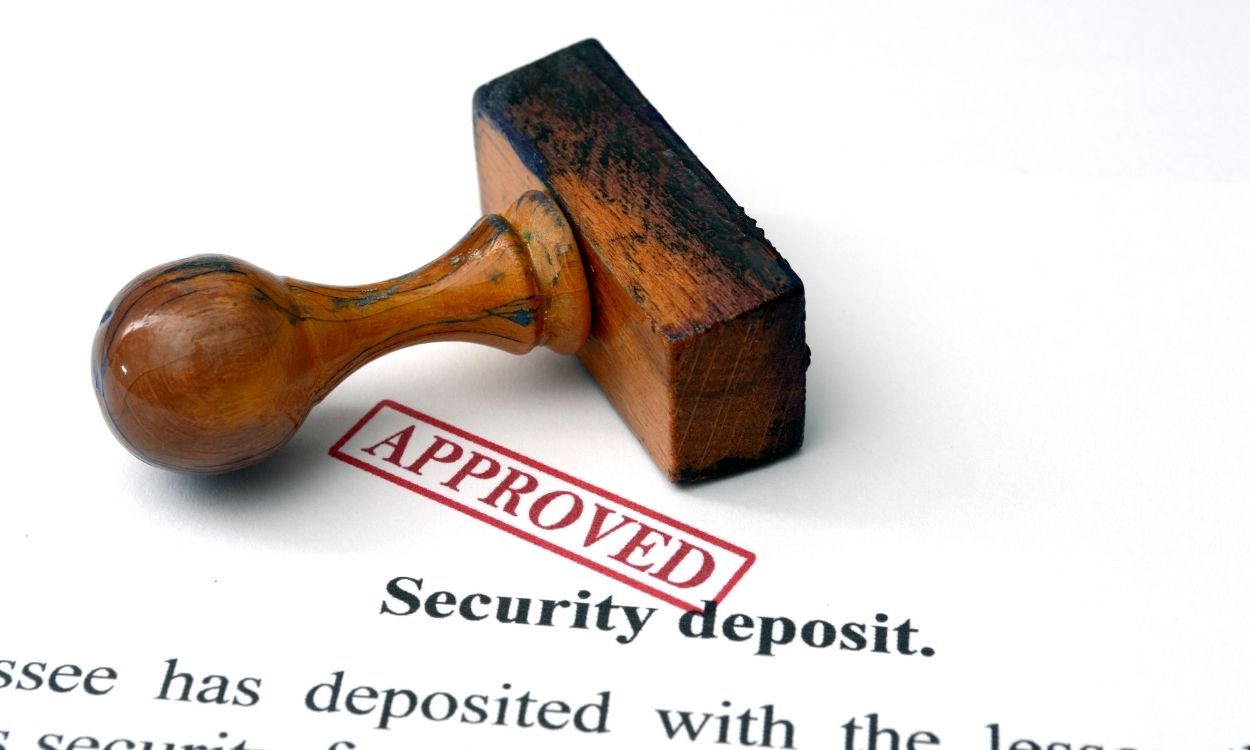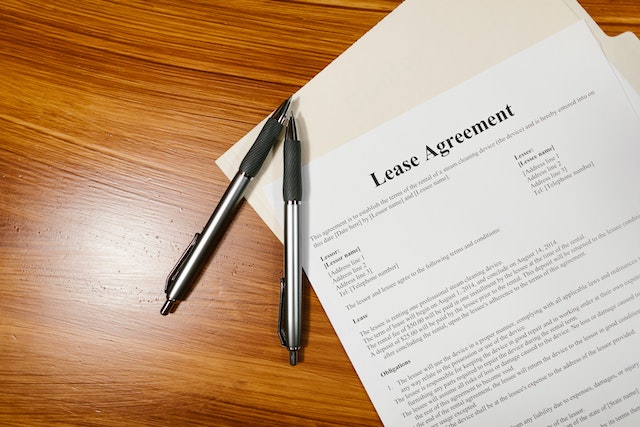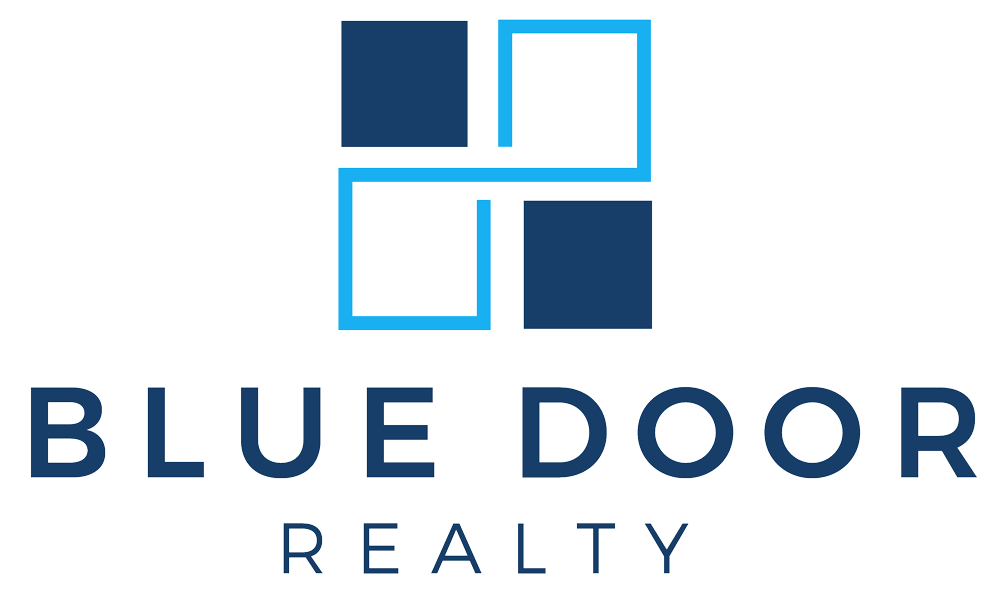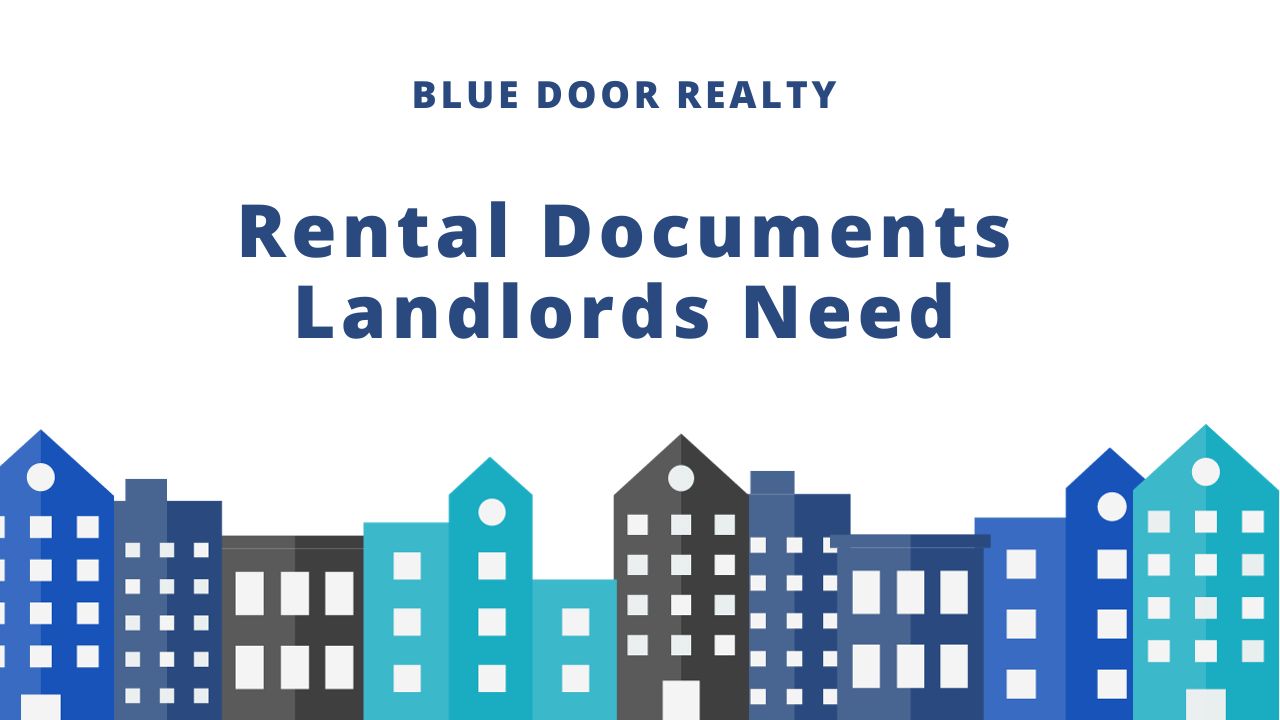Success in real estate isn’t just about finding the perfect tenant to rent to– it’s also about protecting your interests and property. This is where rental documents become your key to success. These documents are more than just pieces of paper; they’re your blueprints for tenant expectations, and your shield against potential disputes.
From lease agreements that spell out the tenancy’s rules to rental applications that help you select the right prospective tenants and property inspection checklists that protect your investment, we will walk you through the essential rental documents that every landlord needs. We’ll also explore the invaluable benefits that proper rental documentation brings to your rental business.
Benefits of Keeping Rental Documents
Keeping rental documents is not just a formality; it’s a crucial practice that offers many benefits for landlords. Whether you’re renting out a single property or managing a portfolio of units, here are the compelling advantages of maintaining proper rental documents:
Rent Payment Consistency
A well-drafted lease agreement defines the rent payment terms, including the amount, due date, and acceptable ways to pay rent. This consistency ensures you receive rent on time, helping you maintain a steady income stream.
Security Deposit Handling
Rental documents outline the conditions under which security deposits can be withheld. By following these guidelines, you can confidently handle security deposits and avoid disputes over their return.

Tenant Accountability
With well-defined rental documents, tenants know their responsibilities, including property maintenance and adhering to the lease terms. This accountability encourages tenants to take good care of the property.
Evidence in Disputes
Comprehensive rental documents serve as critical evidence in a disagreement or legal dispute with a tenant. It can help support your case and provide a clear record of the rental agreement terms.
Essential Documents Every Landlord Should Have
Landlords must properly store important documents to ensure a smooth and legally compliant rental property management process. These documents are critical for both legal protection and effective communication with tenants. Here are the essential documents every landlord should have:
Lease Agreement
A lease or rental agreement is the foundation of any landlord-tenant relationship. This legal document outlines both parties’ rights and obligations as well as the terms and conditions everyone must abide by throughout the tenancy. Landlords should keep both a physical and digital copy of a lease throughout the tenancy and for an additional year, just in case any concerns or disputes arise.
Lease Amendments
Throughout a tenancy, a landlord may need to make changes to the original lease agreement. It’s, therefore, crucial to document all amendments made in writing and then have copies on file. This practice ensures that landlords and tenants are aware of modifications and safeguards the rights of all parties.

Rental Inspection Records
Thoroughly documenting rental unit inspections is vital for property maintenance and resolving disputes. Keep records of move-in, move-out, periodic, and any walk-through inspections conducted during the tenancy. These records help track the property’s condition over time and provide evidence for security deposit claims or necessary repairs.
Tenant Notices
Landlords should keep copies of any notices they send to renters as this helps ensure adherence to proper procedures. Whether it’s a notice related to late rent or lease non-compliance, these documents demonstrate that tenants were duly informed about their responsibilities and any rule violations. Having these notices on file safeguards landlords’ rights and provides evidence in case of legal disputes.
Essential Disclosures Landlords Must Provide to Tenants
There are 2 vital disclosures that you must provide to your tenants before a landlord can rent to them:
- Lead-Based Paint Disclosure – If the rental property was built before 1978, federal law requires a landlord to provide a tenant with a lead-based paint disclosure. It’s necessary to inform your tenant of the potential presence of lead-based paint hazards.
- Security Deposit Receipt – One of the foremost documents landlords must provide to your tenant is the security deposit receipt. This official receipt acknowledges the tenant’s deposit and outlines the amount, date received, and the purpose of the deposit. It is a crucial record for both parties, proving the initial financial transaction and protecting tenants’ rights.

What to Collect from Tenants?
Collecting the proper documents and information from tenants is crucial to the tenant screening process. Knowing what to order can help you determine how to move forward and maintain a smoothly running rental property. The following are necessary documents that tenants should provide you with:
- Rental Application – The tenant’s rental application is the starting point of the tenant screening process. This document provides essential information about the applicant including their contact details, rental history, employment, and references. It gives you insights into their background and suitability as a tenant.
- Permission for Background Check – Request written consent to conduct a background check, including a credit report and criminal history. This step helps assess the applicant’s financial responsibility and potential risks.
- Proof of Income – Ask for applicable pay stubs, W-2s, or other income verification documents. This helps ensure the applicant has the financial means to meet the rent payments.
- Reference Letters – Ask applicants if they can ask for a reference letter from previous employers or landlords, encourage them to provide these during the tenant screening process as they can attest to their character and reliability.
Bottom Line
The importance of having the right rental documents as a landlord cannot be overstated. From the initial rental application process to the day-to-day management of the property and even in times of dispute resolution, these documents provide the framework for clarity, legality, and accountability.
Furthermore, staying informed about local and state rental regulations and seeking professional advice when needed adds an extra layer of protection and professionalism to your property management endeavors.
Consider contacting Blue Door Realty today for expert guidance and assistance in managing your rental property. Our team of experienced professionals is here to support you every step of the way. Contact us now to experience stress-free property management!

